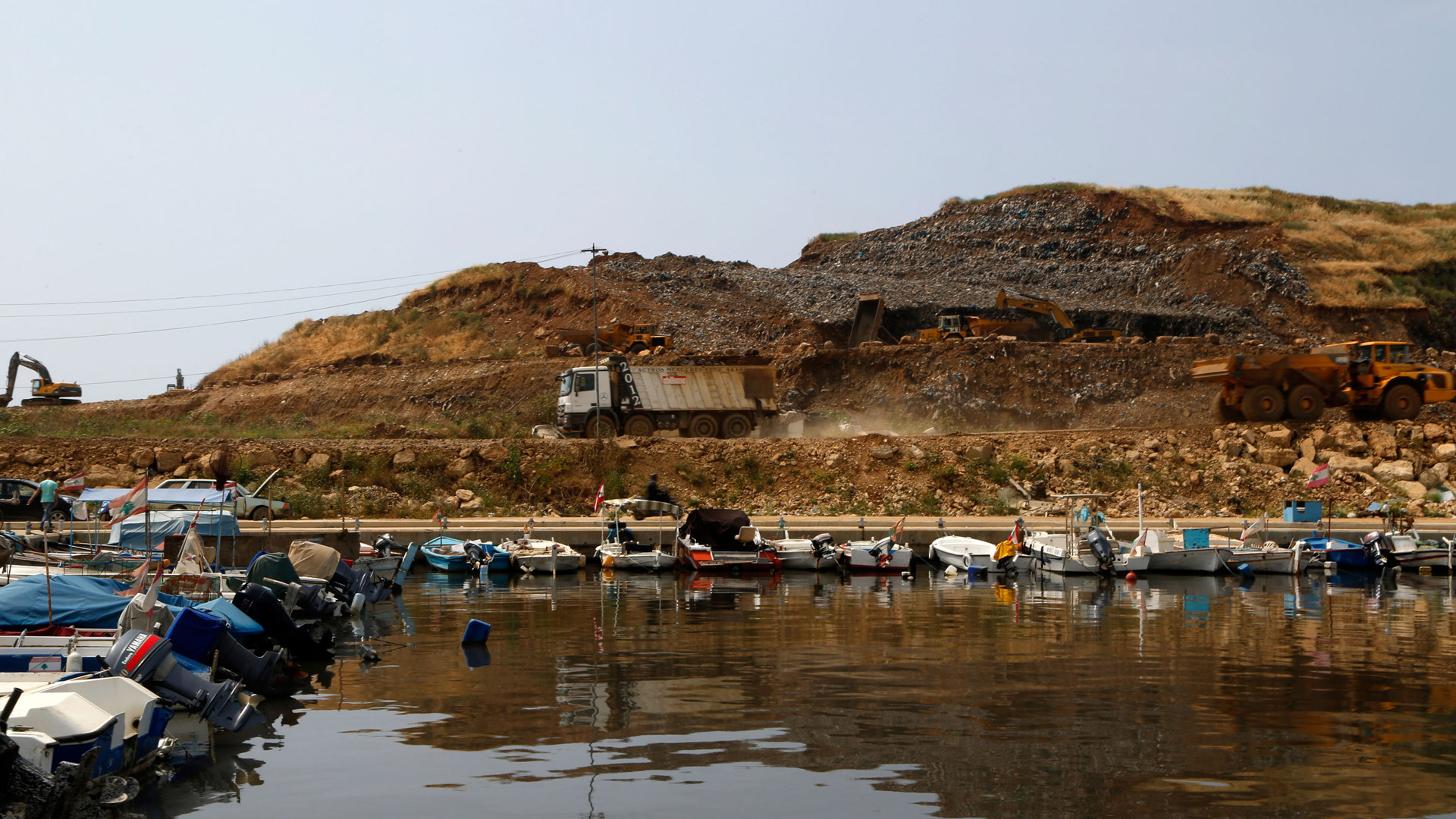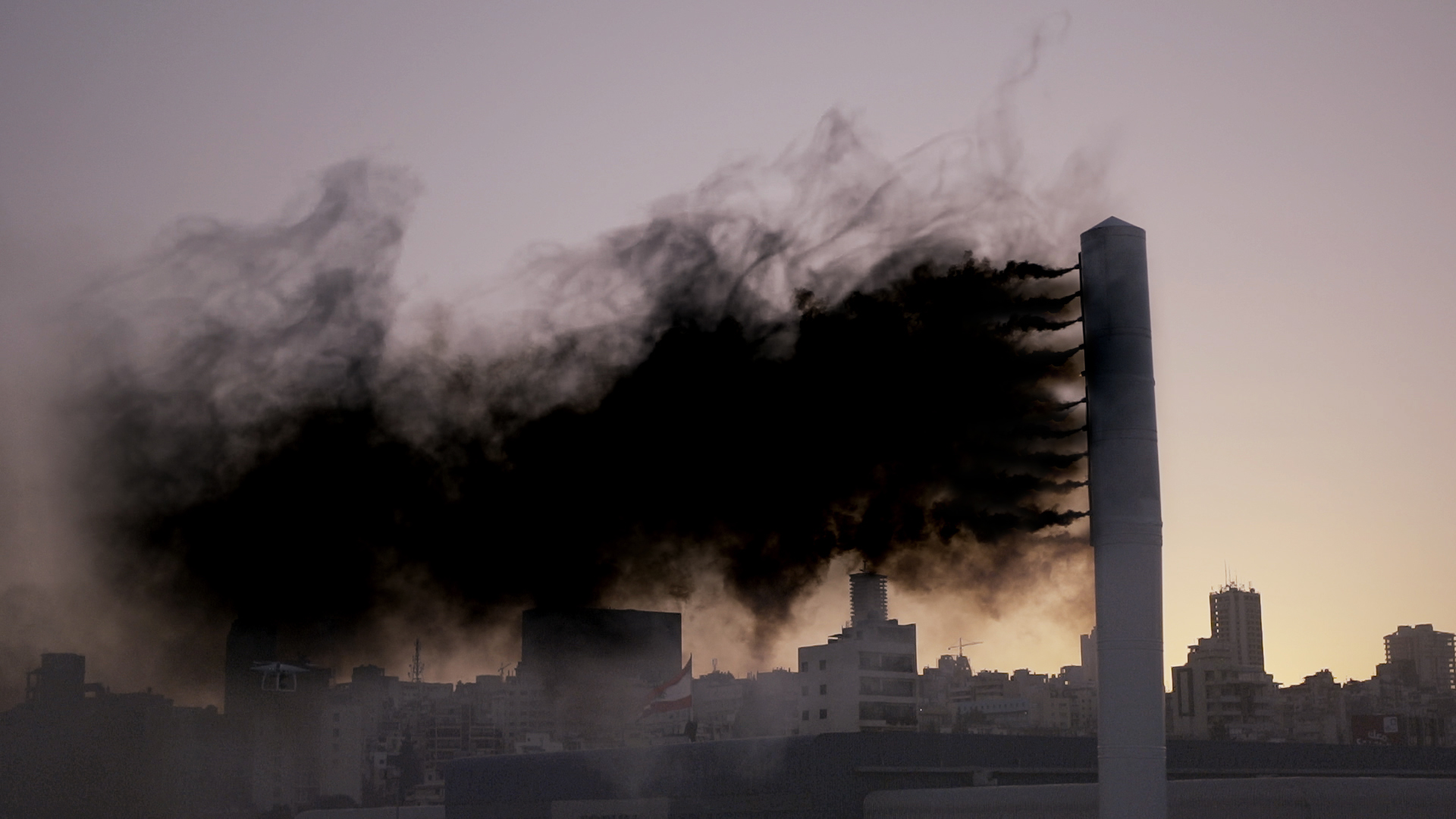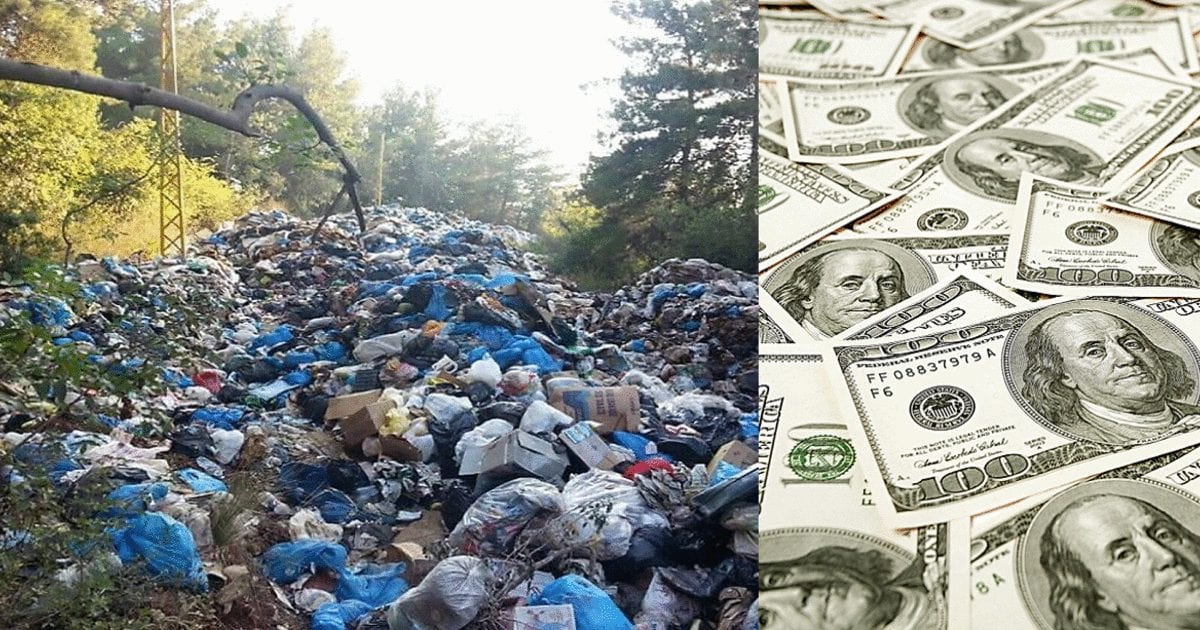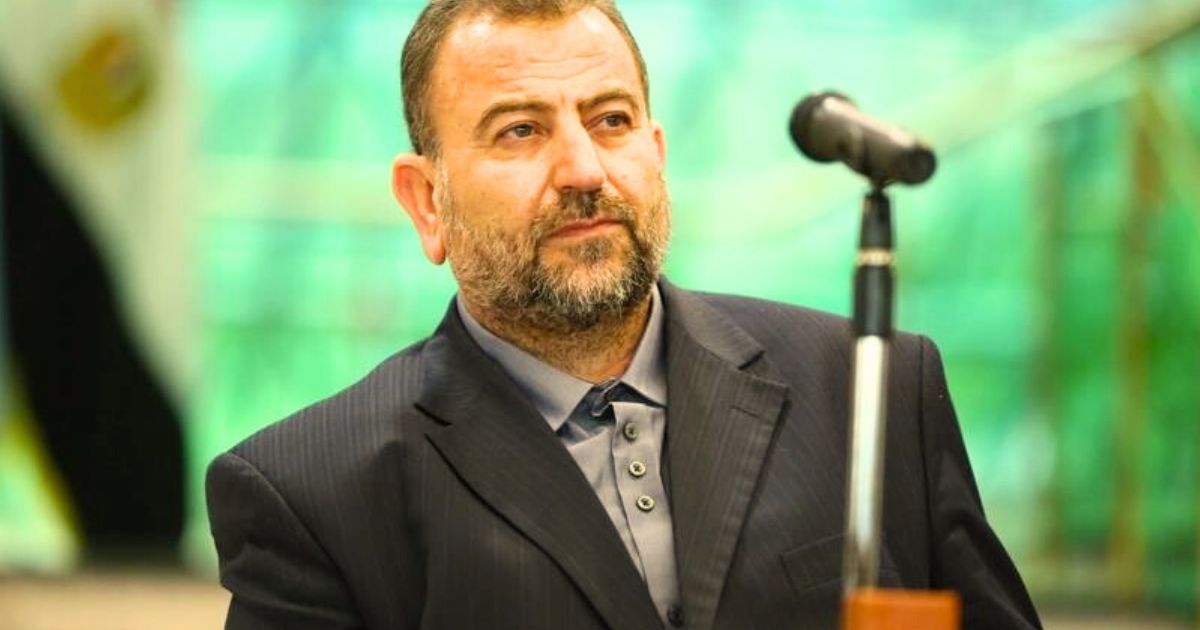Lebanon is a country with beautiful valleys, mountains, forests, beaches, and breathtaking sceneries.
Those who have never been to Lebanon or have never seen the beauty of its nature, as well as the closeness of its mountain to the sea, will never understand the full extent of what makes Lebanon so precious to us.
Sadly, our country is not only in danger at its economic and political levels but its important and vital nature as well.
Our massive farmlands are shrinking, our trees are being cut down, our seas are being polluted, and dumps are being born all over. The wildlife is extinguishing, birds are being shot down with no supervising laws, and sea life destroyed.
The environmental negligence has been around for ages, reaching its peak with the garbage crisis in 2015. The crisis rendered all of Lebanon a dump.
Garbage was scattered all around the sides of the streets and piling up shamefully and dangerously. When winter came, a river of garbage flooded the streets.

This garbage crisis the citizens have been enduring with difficulties is just one example of the government’s failure to manage the waste, let alone the country’s affairs.
The crisis started when the ruling politicians started fighting over the profitable waste-management contract. According to them, the solution was to build two new landfills, relocating the critical problem to the coast, and flumping our Mediterranean Sea into a deeper state of pollution.
According to the New York Times, one of these landfill contracts, amounting to $288 million, went to Jihad al-Arab, “the brother of an aide to the recently ousted prime minister, Saad Hariri.”
His company’s operation consists of “adding water to the garbage containers that arrive each day to inflate their billable weight.”
Also according to the New York Times, the second landfill contract, worth $142 million, went to Dany Khoury, “a Christian businessman said to be close to the family of President Michel Aoun.”
It also reported that experts found that at this landfill “employees dumped trash and toxic waste directly into the Mediterranean.”

In conclusion, these landfills, proposed as “the solution” for the garbage crises, have done nothing more than heavily polluting the Lebanese coasts and destroying our sea life.
And of course, “both companies deny the accusations, but one thing is certain: At least $430 million later, Lebanon’s garbage issues are little closer to resolution,” ascertain the local reporters of the New York Times.
The political sectarian deal-making at the Council for Development and Reconstruction (CDR) has been managed for years by Nabil El-Jisr, “a longtime former employee and ally of the Hariri family.
But its board also includes a Christian, a Druze, and a Shiite who happens to be a brother of Mr. Berri, the Parliament speaker,” as stated by the reporters of the New York Times.
The garbage catastrophic outcome falls on the CDR that is responsible is to facilitate Lebanon’s major infrastructure projects. That includes roads, hospitals, schools, and other projects, which, according to AUB Economist Jad Chaaban, get “distributed to favored contractors according to sectarian quotas that ensure every group benefits, regardless of necessity.”
These contracts are usually paid for by the World Bank, the European countries, and international donors.
In 2016, the CDR turned to Mr. Dany Khoury to help with the garbage emergency, and he took over the landfill in Bourj Hammoud with plans of expansion into the sea!
Analysis later showed that the company dumped unsorted trash despite contractual requirements and that toxic liquid was reeking into the sea. Their “bright” idea was to create incinerators!

In the end, the garbage crisis in Lebanon is not an unsolvable puzzle; it is nothing more than a political sectarian power struggle that allowed the involved politicians to get richer as the country submerged into the trash.
This is only one issue of more than a hundred that Lebanon has been enduring. All this damage has been going on for years in different sectors. These power struggles that are killing Lebanon should stop.

Hundreds are dying from diseases, the grant funds are being used to other purposes that don’t include the well being of the citizens and the country, so are the people’s taxes, and the government has deafened and blinded itself.
This is one of the many reasons why the revolution of the Lebanese people was inevitable to occur. It is also the main reason why it has no intention to back off.

















